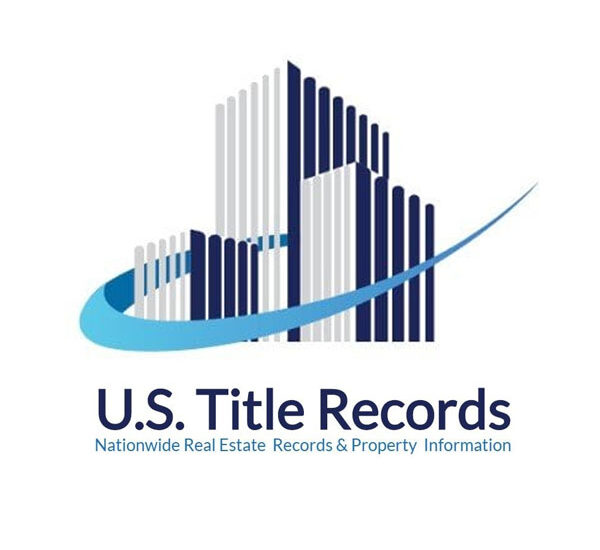What is a property lien?
- January 25, 2022
- Posted by: Andreas Delfakis
- Categories: Judgement Liens, Judgment Liens, Lien And Title Search, Liens, Posts, Property Records, Real Estate Post, Title Search

Understanding Property Liens: What They Are and Why They Matter
A property lien is a legal claim against a property that allows the lienholder to secure payment of a debt. When a property has a lien attached to it, the owner cannot sell or refinance the property with clear title until the lien is satisfied. Understanding property liens is crucial for homeowners, potential buyers, and anyone involved in real estate transactions.
What Is a Property Lien?
A property lien serves as a legal notice attached to a property, indicating that the owner owes money to a creditor. The lien gives the creditor a secured interest in the property and can be used as collateral until the debt is fully paid. Think of a lien as a financial hold on your property that must be cleared before you can transfer ownership with clear title.
Types of Property Liens
Property liens generally fall into two categories:
Voluntary Liens
These are liens that property owners willingly accept:
- Mortgage Liens: Created when you borrow money to purchase a property
- Home Equity Lines of Credit (HELOC): Secured by the equity in your home
- Construction Loans: Financing for building or renovating a property
Involuntary Liens
These liens are placed on a property without the owner’s consent:
- Tax Liens: Imposed when property taxes or income taxes remain unpaid
- Judgment Liens: Result from court rulings against the property owner
- Mechanic’s Liens: Filed by contractors who performed work but weren’t paid
- HOA Liens: Placed by homeowners associations for unpaid dues or assessments
How Property Liens Work
When a lien is placed on a property, it becomes “perfected” through recordation with the county recorder’s office. This public record serves as notice to anyone interested in the property that there’s an outstanding claim against it.
Liens follow a priority order, typically based on when they were recorded. This hierarchy determines which creditors get paid first if the property is sold through foreclosure. Generally, tax liens take priority over most other types of liens.
Consequences of Property Liens
Property liens can have several significant impacts:
- Restricted Property Sales: You cannot sell your property with clear title until all liens are satisfied
- Limited Refinancing Options: Most lenders won’t refinance a property with existing liens
- Potential Foreclosure: Certain lienholders may force the sale of your property to recover their money
- Credit Score Damage: Unpaid liens can severely impact your credit score
- Legal Complications: Resolving disputed liens often requires legal assistance
How to Discover Liens on a Property
Before purchasing property, it’s essential to conduct a thorough title search to uncover any existing liens. This can be done by:
- Requesting a title search from a title company
- Checking county records in the recorder’s office
- Ordering a property title report
- Working with a real estate attorney
Removing Property Liens
To clear a property lien, you generally have these options:
- Pay the Debt: The most straightforward approach is to pay what you owe
- Negotiate a Settlement: Sometimes creditors will accept less than the full amount
- Dispute Invalid Liens: If a lien was filed incorrectly, you can contest it legally
- Wait for Expiration: Some liens have statutory time limits and eventually expire
Special Considerations for Different Lien Types
Federal Tax Liens
Unlike some other liens, federal tax liens may remain attached to a property even after foreclosure. However, the IRS sometimes allows for negotiation of the principal balance through programs like an Offer in Compromise.
Municipal Liens
These are filed by local governments when property owners benefit from public improvement projects. They ensure that those who benefit from public works contribute to their cost.
Why Understanding Property Liens Is Important
Knowledge about property liens is crucial because:
- Protection During Purchases: Prevents buying property with hidden financial obligations
- Financial Planning: Helps homeowners understand their true equity position
- Legal Compliance: Ensures proper handling of debt obligations
- Investment Protection: Safeguards your property investment against unexpected claims
- Smooth Transactions: Facilitates clean property transfers without last-minute complications
Understanding property liens is an essential aspect of property ownership and real estate transactions. Whether you’re buying, selling, or maintaining a property, knowledge about liens helps you navigate potential financial and legal obstacles with confidence.